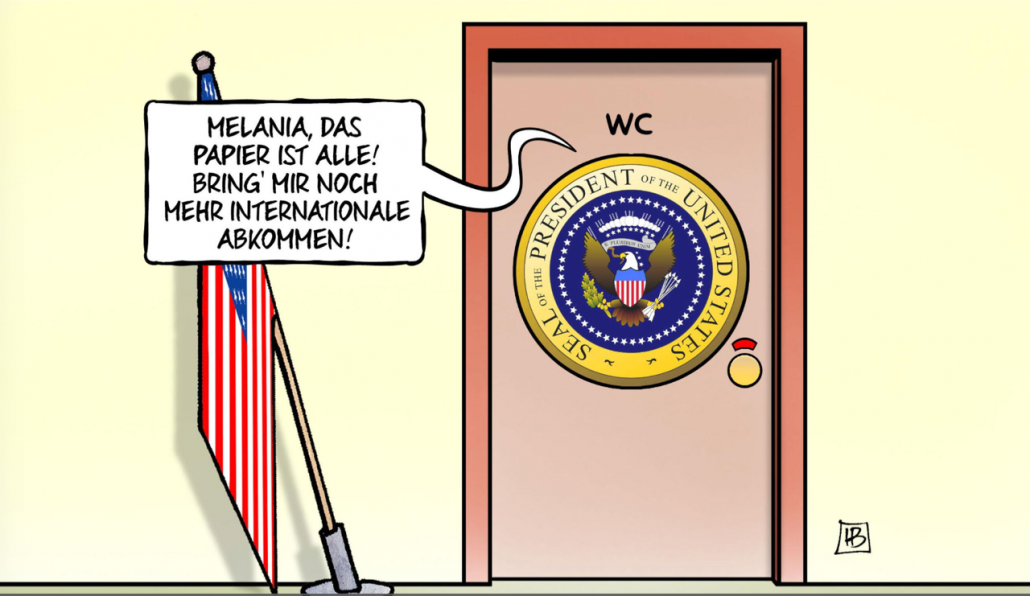What is Moral Hazard?
Moral Hazard is predominantly an insurance industry term to describe the actions of an insured party who acts differently than he would if there were no insurance to mitigate the effects of his actions. An example could be a homeowner who smokes in bed, lights candles in the house, and lights off flambé in a dining room close to flammable drapes, all because he knows that the insurance will pay if the house burns down.
Moral hazard is where one entity takes more risk because another entity will pay for mistakes. A common explanation for why this happens is called “informational asymmetry.” It occurs when the parties in a contract have unequal information and one assumes risk without fully understanding the extent of the risk.
The government is a master at creating moral hazards. Taxpayers bear the brunt.
Consider these examples:
- Obamacare required insurance companies to provide benefits that they knew were not sustainable, but they provided coverage anyway knowing that the government would bail them out. Taxpayers take the hit.
- Because Obamacare allowed people to sign up after they became ill, the scheme became too expensive to maintain and it failed.
- Banks took huge risks claiming that they were too big to fail. Frightened politicians bailed them out to “save the economy.” Taxpayers took the hit.
- Politicians in Illinois vote for generous defined benefit pensions for public employees. Public sector unions encourage their members to vote for the politicians. The unions claim that their members paid their fair share into the pensions, yet since 1998 the percentage actually paid by government workers has increase 75% and that of taxpayers by 427%. Taxpayers are responsible for paying off current unfunded liabilities plus all future increases as well.
- Heavy handed regulation encourages people to engage in lawlessness and behavior to circumvent the regulation when the cost of compliance is onerous.
- Asset Forfeiture Programs in the states and by federal authorities encourage police to prosecute people, not solely because of the nature of a crime, but because of the value of property that potentially can be seized. Civil forfeiture is a proceeding brought against the property rather a person convicted of a crime and has been used to enrich police departments and municipalities, undermining the legitimacy of law enforcement. Whether the laws that permit such seizures are an example of moral hazard or simply encourage government corruption is open to debate.
An interesting column about civil forfeiture laws by George Will can be found HERE.
Some federal rules have changed since this was written and somewhat reduce the federal government’s complicity under what is called federal agency adoption of property seized by state or local law enforcement. We hope the states take a lead in eliminating ill-conceived civil forfeiture laws.
An article written by Benson, Rasmussen, and Sollars in April 1995 points out:
The Comprehensive Crime Act of 1984 is shown to have altered the incentives of police agencies by allowing them to keep the proceeds of assets forfeited as a result of drug enforcement activities. Empirical evidence is presented which shows that police agencies can increase their discretionary budgets through the asset forfeiture process.
The United States is experiencing a crisis in police-citizen relations. We believe it is urgent that trust in law enforcement and the rule of law be restored. Civil Forfeiture laws, although not well understood by the general public, represent a clear moral hazard or at worse facilitate police corruption. How can anyone trust the police in a simple traffic stop if the officer starts asking about how much cash the occupants of the car are carrying? The answer is very chilling to the average citizen and even more chilling to minorities.
The Institute for Justice provides a state-by-state report on asset forfeiture called Policing for Profit. Access their web site HERE and watch the video:
Reform of forfeiture laws is a cause that seniors can take a lead in promoting at the local, state, and federal level. Contact your representatives and ask how they feel about the topic.


